Book Reviews Archive
Literature and its Manipulations in The Book of Goose by Yiyun Li
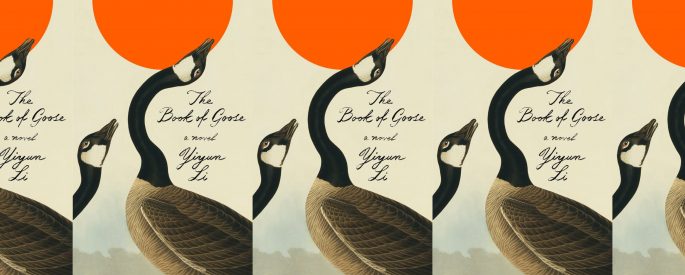
Yiyun Li’s new book is a taut landscape built of all literature’s attachments, manipulations, displacements, anxieties, and escapes. It is the labored breadth of an economy that is resplendently libidinal and compelling.
Time, Sin, and Wonder in Elisa Gabbert’s Normal Distance

In Elisa Gabbert’s new poetry collection, the opening and turning outward to the largest questions we can ask—time, the afterlife—remind us of all we do not know. In our shared ignorance, Gabbert stokes a sense of wonder.
Myths and Mundanity in Jill Bialosky’s The Deceptions

Perhaps the greatest achievement of Jill Bialosky's novel is its captivating depiction of mundane reality.
The Suburban Microcosms of The Hundred Waters
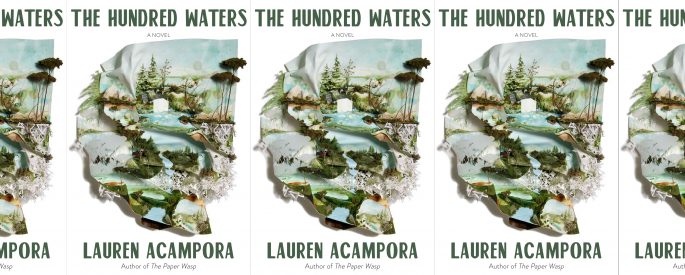
Lauren Acampora’s novel is a fast read that moves ever faster the deeper Louisa and Sylvie head down their suburban rabbit hole.
Sensory Experiences in Nina Mingya Powles’s Magnolia木蘭
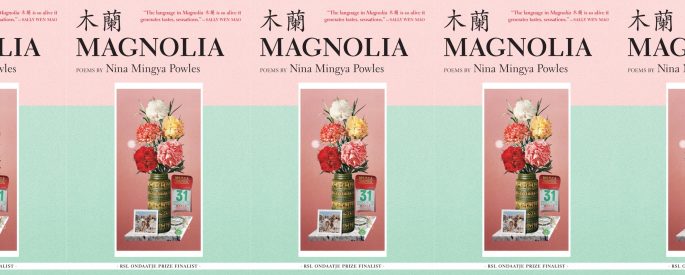
Nina Mingya Powles’s newest collection is a sensory feast. Inviting readers into the spaces between language and culture, between country of birth and countries of origin, Powles paints the landscapes and histories that have shaped her.
Midwood’s Elevated Vantages
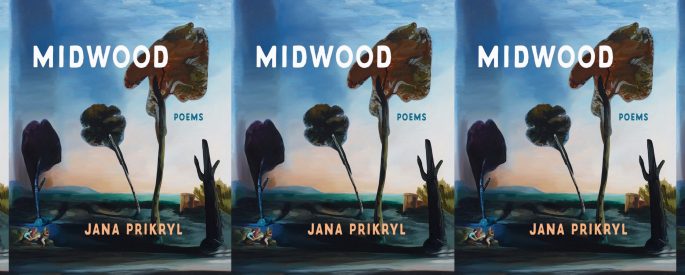
There’s a special delight in Jana Prikryl’s concentration about what is outside her window, the changes from season to season, the repetitions, and what is rooted and roots us, if we allow it to do so. It’s both a poetic act, and a necessary one, especially in our fragmented
Young Love and Frenzied Obsession in Andrea Abreu’s Dogs of Summer

In her debut novel, translated by Julia Sanches, Andrea Abreu writes a rapturous story about obsessive friendship, in the process providing an authentically complex portrayal of the desire of girls.
Sex and Satire in Wang Xiaobo’s Golden Age
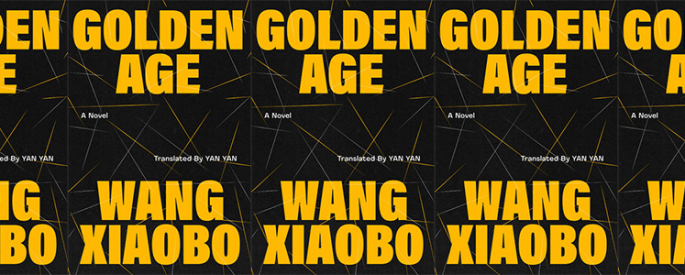
By using the language of the state to highlight the absurdity of their laws, Xiaobo made a satire that is both amusing and effective.
Temporality and Memory in The Man Who Could Move Clouds
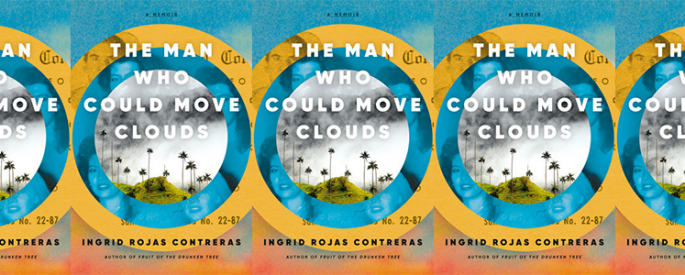
Rojas Contreras’s memoir intertwines family relationships and legacies, political conflicts and oppressions, and the expansive realm of healing, identity, and magic into a magnificent, mesmerizing memoir.
A Place to Call Home in Dele Weds Destiny
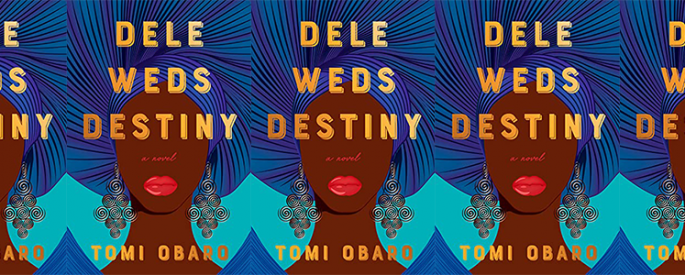
Dele and Destiny are secondary characters in their own wedding story, and this is the beauty of the novel. The actual wedding is never about the couple. It’s about families coming together, about how love breaks us down, exposes the truth, and leads us to find ourselves.